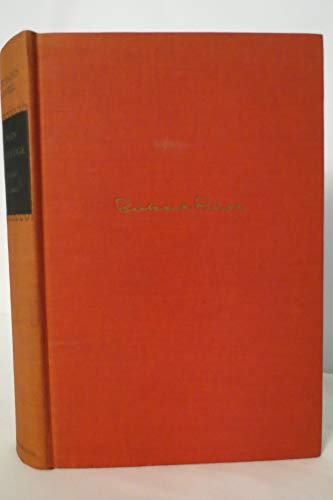Items related to Human Knowledge, Its Scope and Limits.

Synopsis
How do we know what we "know"? How did we –as individuals and as a society – come to accept certain knowledge as fact? In Human Knowledge, Bertrand Russell questions the reliability of our assumptions on knowledge. This brilliant and controversial work investigates the relationship between ‘individual’ and ‘scientific’ knowledge. First published in 1948, this provocative work contributed significantly to an explosive intellectual discourse that continues to this day.
"synopsis" may belong to another edition of this title.
Review
‘The nearest thing to a systematic philosophy written by one who does not believe in systems of philosophy. Its scope is encyclopedic...a joy to read.’ – New York Times
‘His intelligibility comes of stating things directly as he himself seems them, sharply defined and readily crystallized in the best English philosophical style.’ - The Times Literary Supplement
About the Author
Bertrand Russell (1872-1970). The leading British Philosopher of the twentieth century, who made major contributions to the area of logic and epistemology. Politically active and habitually outspoken, his ethical principles twice lead to imprisonment
"About this title" may belong to another edition of this title.
(No Available Copies)
Search Books: Create a WantCan't find the book you're looking for? We'll keep searching for you. If one of our booksellers adds it to AbeBooks, we'll let you know!
Create a Want
